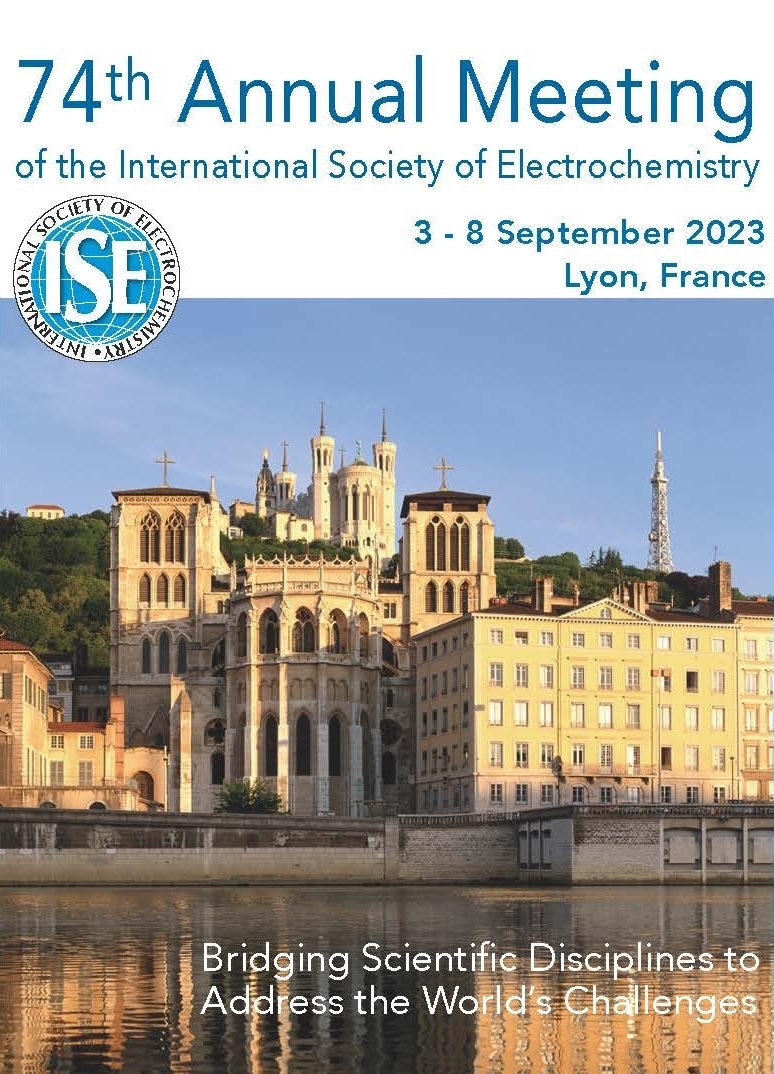Scientific Program
Conference Week Schedule 3-8 September 2023
Click on the schedule image to open a PDF version
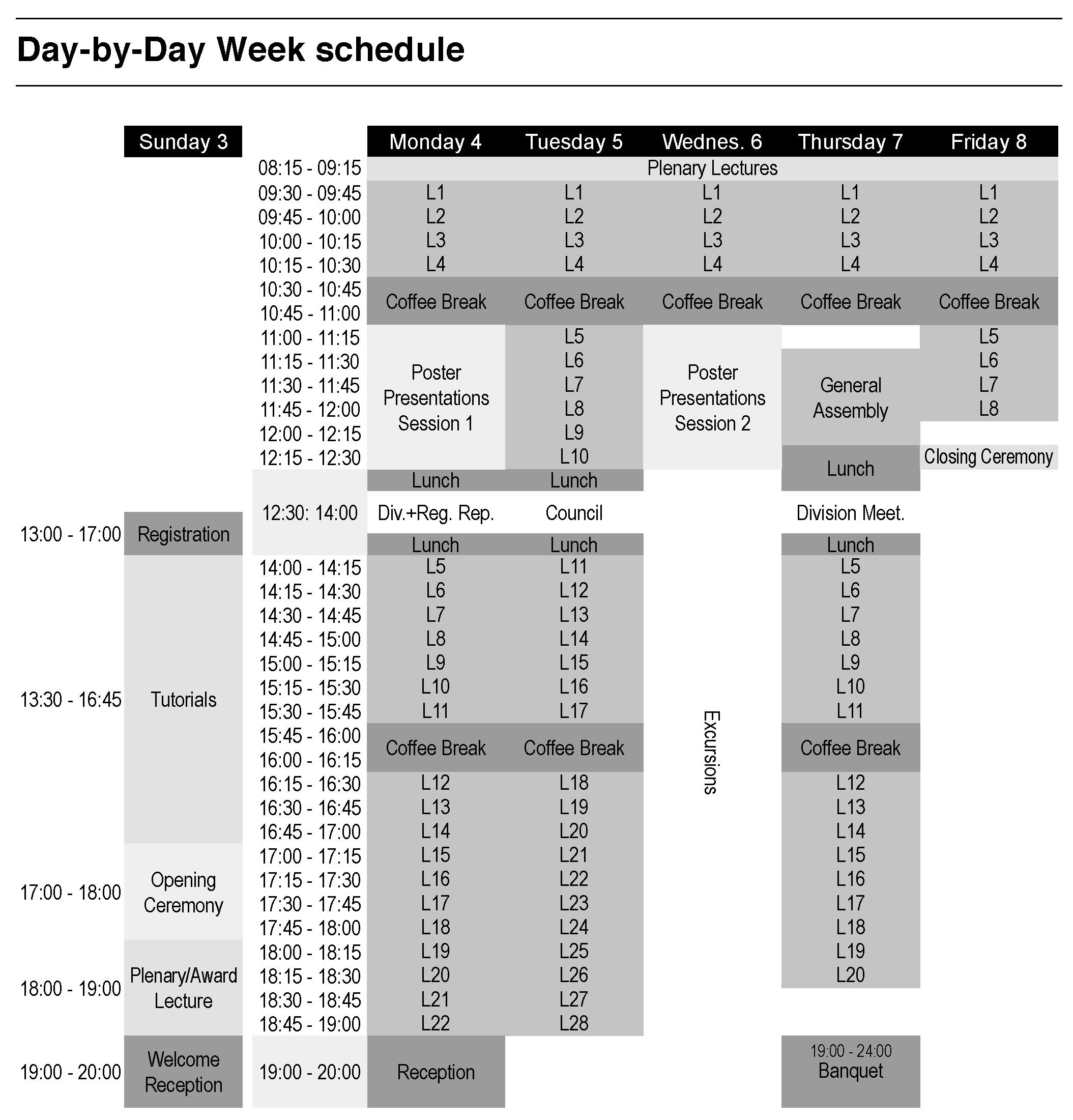
Symposia Schedule
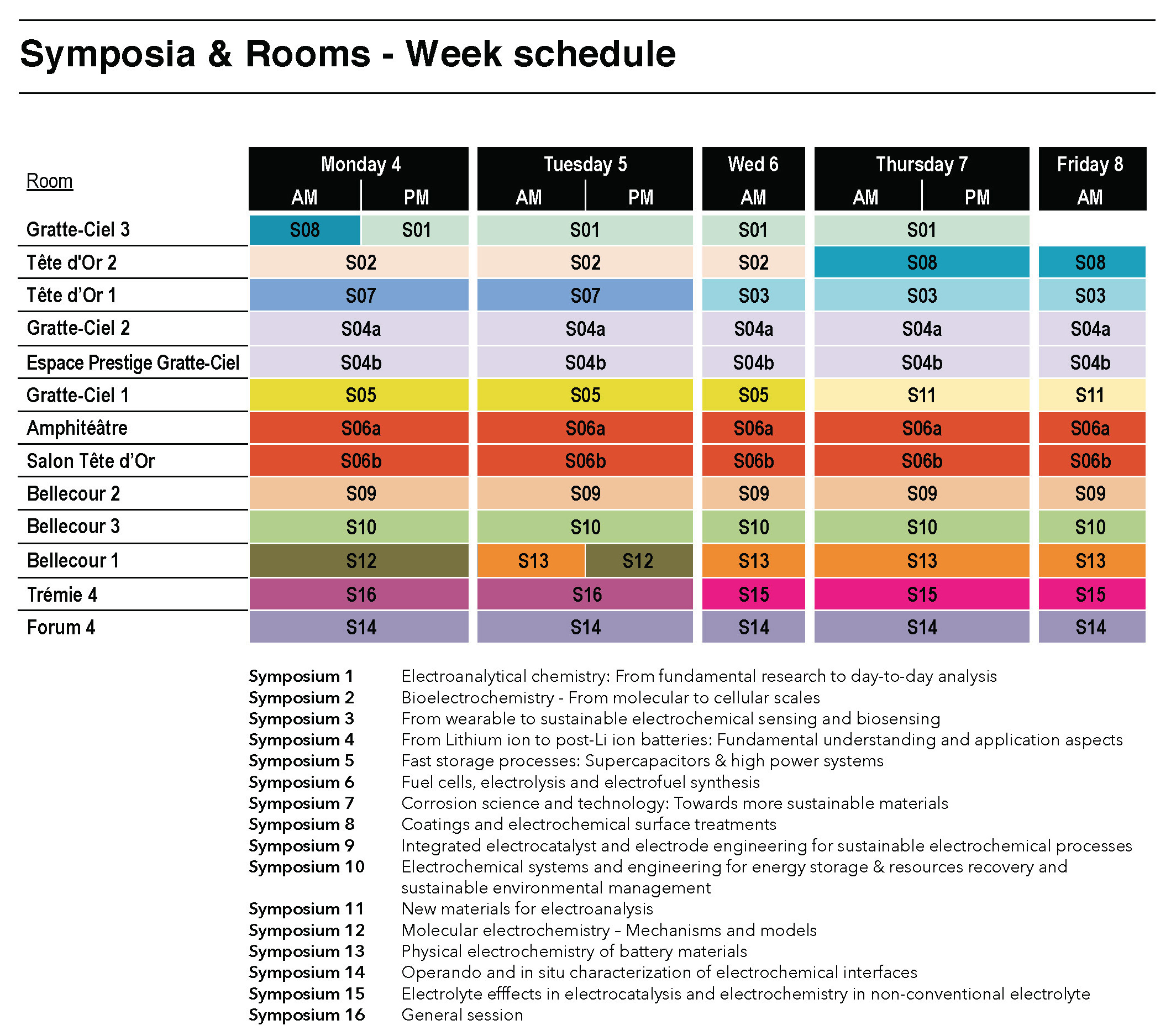
Plenary Lecturers
Susana Córdoba de Torresi 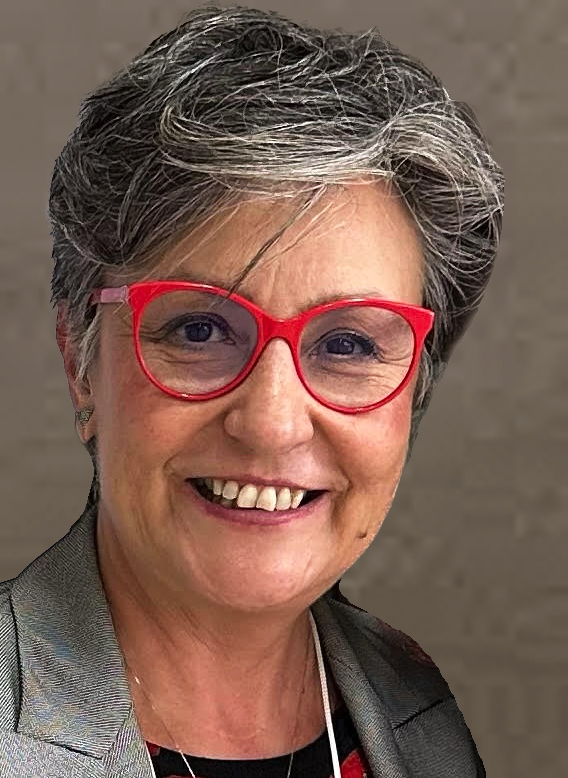 |
Susana Córdoba de Torresi is Full Professor at the Institute of Chemistry of the University of São Paulo (USP), Brazil. She graduated in chemistry at the Universidad Nacional de Córdoba, Argentine, where she also did her PhD, working with electrochemistry, spectroscopy and materials science. She also worked as visiting researcher at Université Pierre et Marie Curie, CNRS (France), UNICAMP and UFSCar (Brazil). She joined the Institute of Chemistry at USP in 1996 and since 2006 she is Full Professor, where she has also served as President of the Undergraduate and Graduate Commissions and Advisor to the Dean of Undergraduate Studies. At the present she is the vice Research Provost of São Paulo University for the next four years.
|
|---|---|
Elzbieta Frackowiak |
Elzbieta Frackowiak is a full professor at Poznan University of Technology (Institute of Chemistry and Technical Electrochemistry) in Poland.
|
Alexei Kornyshev 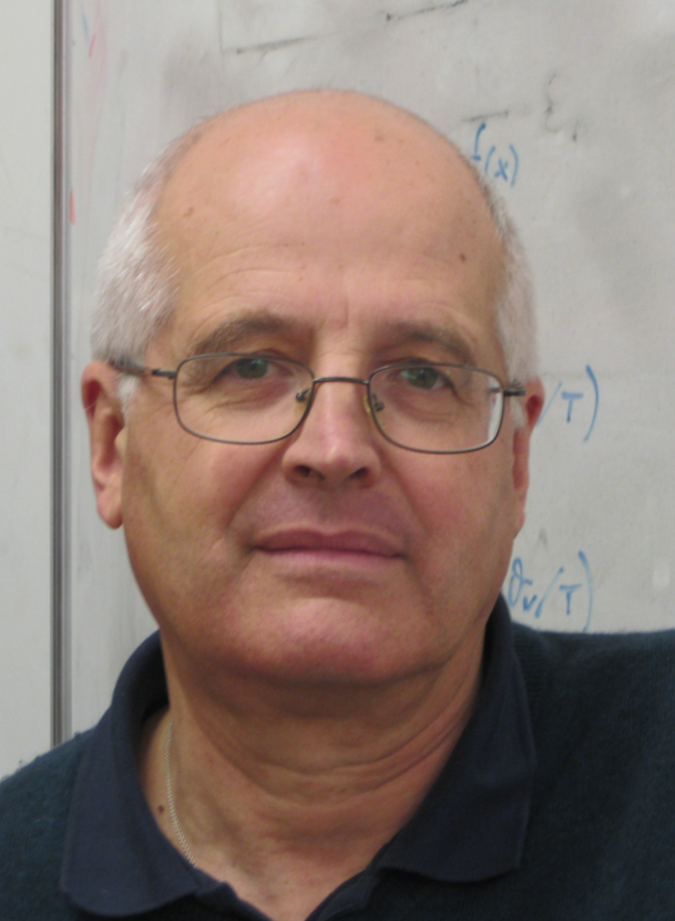 |
Alexei Kornyshev graduated in 1970 from the Moscow Institute of Engineering Physics with a degree in theoretical nuclear physics. He matured as a scientist at the Frumkin Institute of Electrochemistry (Acad.Sci.) in Moscow, where he did there his PhD (1974) with Prof. R.R.Dogonadze in Theoretical and Mathematical Physics and DSc in Chemistry (1986), having worked there till 1991. In 1992 he was invited to Research Centre Jülich, Germany, where he then worked for 10 years leading a Theory Division in the Institute for Materials and Processes in Energy Systems of Research Centre “Juelich”, Germany, a position combined later with a Professorship of Theoretical Physics at the University of Düsseldorf. In 2002 he joined Imperial College London where he holds a chair of Chemical Physics since then.
|
Mark Orazem 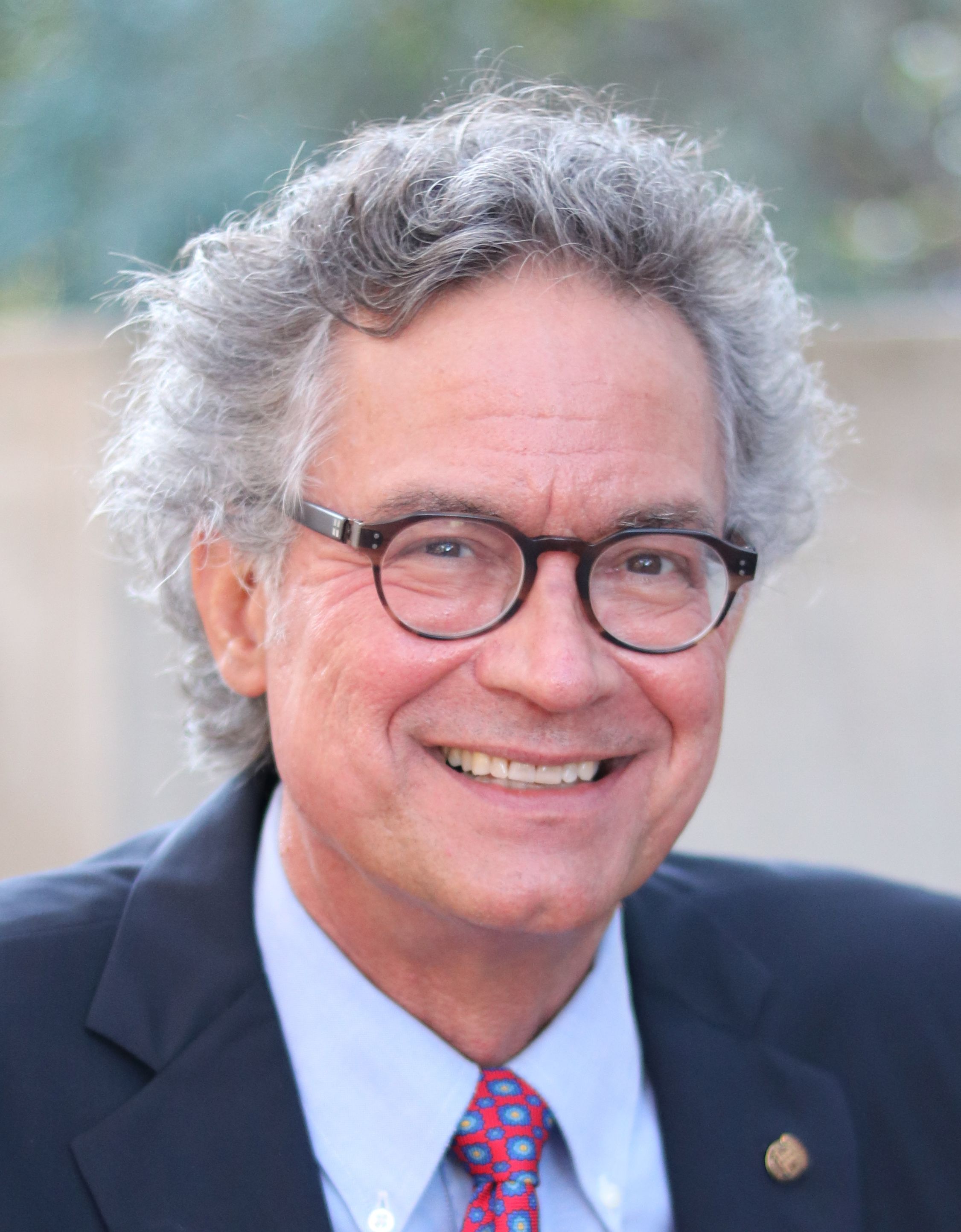 |
Mark Orazem is a Distinguished Professor of Chemical Engineering at the University of Florida. Prof. Orazem is a Fellow of both the Electrochemical Society and the International Society of Electrochemistry, and he served as President of the International Society of Electrochemistry in 2011-2013. He is a specialist of electrochemical engineering, and his work has encompassed models for cathodic protection of pipeline networks, mechanistic models for corrosion, characterization of electrodes used to stimulate neurons, characterization of enzymatic glucose sensors, electrokinetic separation of clay from effluent produced by the phosphate mining industry, and electrochemical impedance spectroscopy. He co-authored, with Bernard Tribollet, a textbook entitled Electrochemical Impedance Spectroscopy, now in its second edition. Both editions were translated into Chinese and published by Chemical Industry Press. His edited book on Underground Pipeline Corrosion was published by Woodhead Publishing in 2014. In 2012, Prof. Orazem received the Henry B. Linford Award of the Electrochemical Society. With his co-author Bernard Tribollet, Prof. Orazem is a recipient of the inaugural 2019 Claude Gabrielli Award for contributions to electrochemical impedance spectroscopy. Prof. Orazem also received the 2022 Electrochemical Society Corrosion Division H. H. Uhlig Award.
|
Hiroyuki Uchida 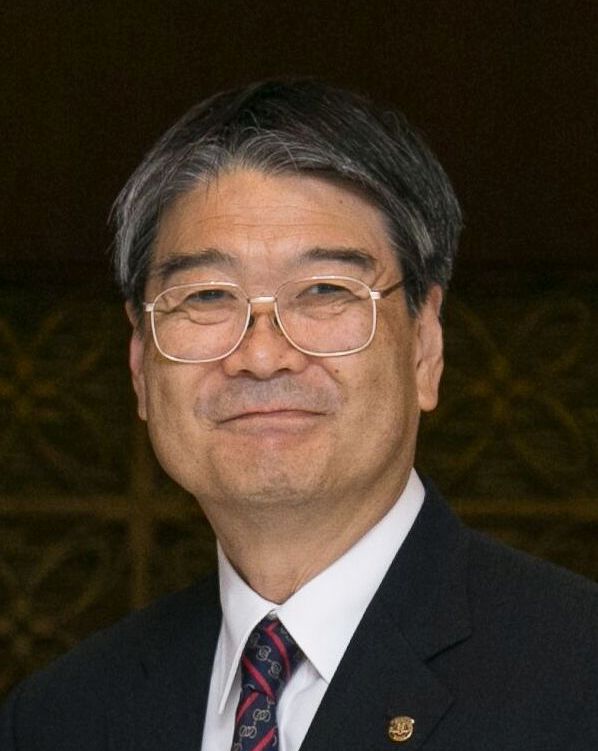 |
Hiroyuki Uchida is a Professor of the Clean Energy Research Center at the University of Yamanashi. He received the M.Eng. degree in applied chemistry from Osaka University in 1979 and Ph.D. from Kyoto University in 1984. Since 1979, he worked for ten years as a Research Assistant at Tottori University and 4 years as Assistant Professor at Osaka University, before he worked as an Associate Professor at Yamanashi University in 1993 (presently University of Yamanashi). He was promoted to Professor in 2001. For the past 30 years, he has devoted himself to the research and development of highly active, durable electrocatalysts for fuel cells (PEFCs and SOFCs) and electrolyzers (PEWE and SOEC). He has co-authored more than 250 research papers. He is a Fellow of the Electrochemical Society (ECS) and the Electrochemical Society of Japan (ECSJ). He has received the Award of the ECSJ, Science and Technology Award of the Ministry of Education, Culture, Sports, Science and Technology (MEXT) of Japan, and the Scientific Achievement Award of the ECSJ. He has served as the Editor-in-Chief (2015–2018) of Electrochemistry (ECSJ) and Vice-Chair of Division 3 of the ISE (2012–2018).
|
Alain Walcarius  |
Alain Walcarius has been active in research fields at the intersection between electrochemistry, analytical chemistry and materials science. He studied chemistry at the University of Namur (Belgium), graduating in 1989 and earning a PhD degree in 1994. After a postdoctoral stay in the Joe Wang group in New Mexico State University (USA), he joined the National Center for Scientific Research (CNRS, France) in 1996 as a Research Associate. He is currently Senior Researcher at the Laboratory of Physical Chemistry and Microbiology for the Materials and the Environment (LCPME, Lorraine University & CNRS, Nancy, France) and Officer at the Chemistry Institute of CNRS in Paris. His electrochemistry group works in the area of chemical reactions at solid/liquid interfaces, and his main recent contributions concern the electrochemistry of sol-gel and mesoporous materials, especially silica-based organic–inorganic hybrids, with applications in the field of electrochemical reactors and sensors. He is author/co-author of about 300 scientific papers and has given more than 100 invited talks. He served as member of several editorial boards (currently Sensors & Actuators B and Electroanalysis). In 2006, he was recipient of the Tajima Prize of the International Society of Electrochemistry (ISE), he became an ISE Fellow in 2016, and he served as the Chair of Division 1 (Analytical Electrochemistry) in 2019/2020. He was awarded the Langevin Prize of the French Academy of Science in 2019.
|
